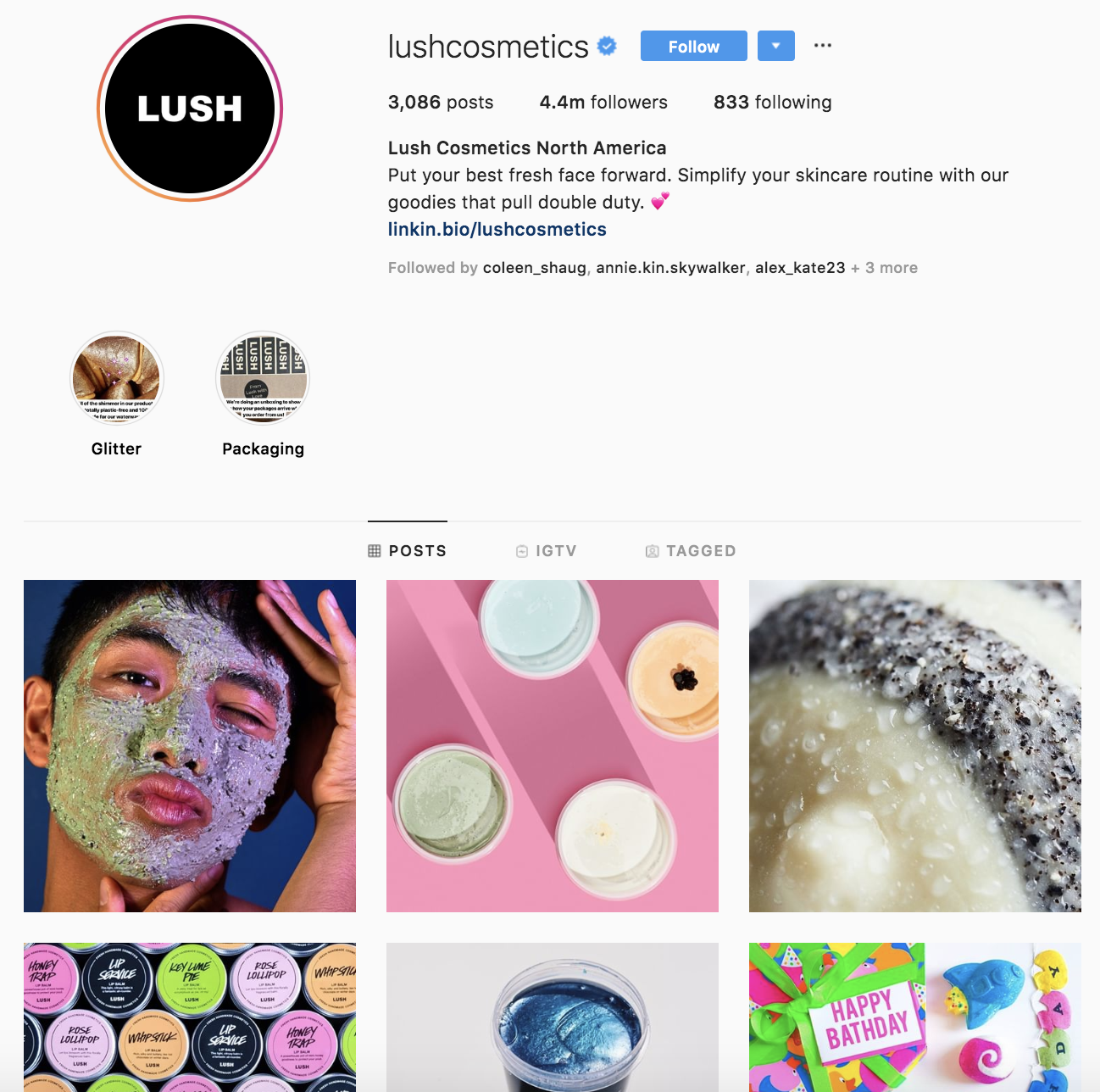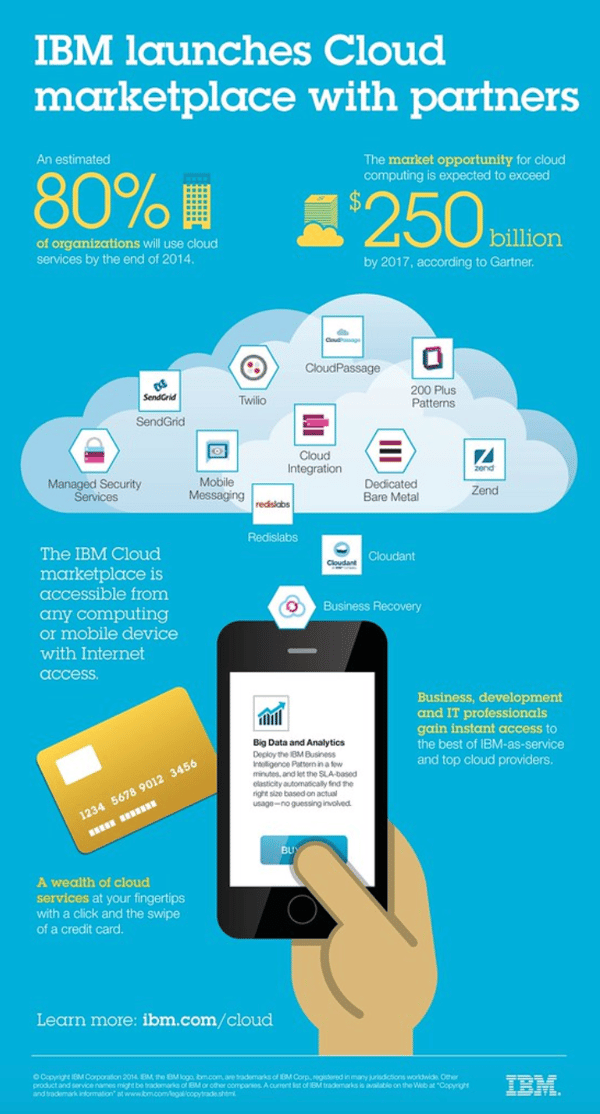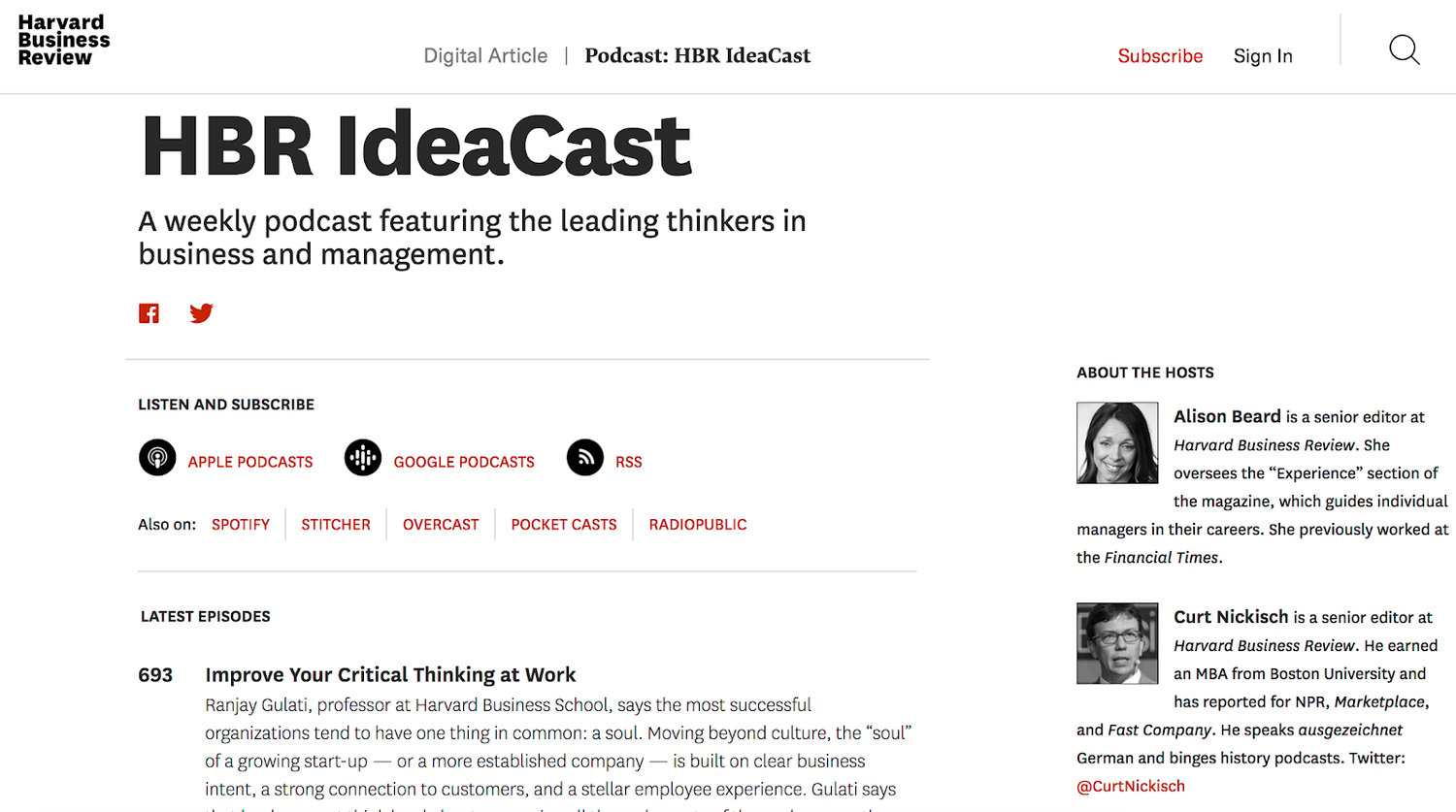What is content marketing?
Content Marketing is the process of planning, creating, distributing, sharing, and publishing content to reach your target audience. As a business, this tactic can help you improve brand awareness, boost sales, connect with your target audience members, and engage prospects and customers.
Why is content marketing important?
Today, outbound marketing strategies (or anything that interrupts your audience members) aren’t as effective for reaching audience members and converting leads as they once were. Content marketing has become a popular way for businesses to combat this issue. In addition to expanding your reach, content marketing helps your business:
- Educate your leads and prospects about the products and services you offer
- Boost conversions
- Build relationships between your customers and business
- Connect with your audience to show them how your products and services solve their challenges
- Create a sense of community around your brand
Now that you understand why your business should invest in content marketing, let’s review some examples so you can decide which types of content you want to create.9
Content Marketing Examples
Although content marketing is an applicable and useful tactic for almost every company, brainstorming creative and persuasive ways to reach and convert your audience is no simple task. So, how can you succeed at content marketing?
To answer that question, let’s take a look at the various types of content marketing, plus some examples of each. This section will give you a better understanding of how you can incorporate content in your business’s marketing plans.
Types of Content Marketing
There are many types of content marketing your business may decide to leverage. Below are some of the most popular options.
1. Social Media Content Marketing
With over 3.7 billion global users, it’s easy to understand why so many businesses invest in social media content marketing. There are a number of platforms (such as Facebook, Instagram, Pinterest, LinkedIn, and Snapchat) to work with and several ways you can create and share social media content on each of them (such as photos, live and pre-recorded videos, and stories).
All of these platforms and ways to share your content provide you with a plethora of opportunities to connect with your audience.
Example of Social Media Content Marketing

.
.
2. Infographic Content Marketing
Infographics display content, information, and data in an easy-to-understand, graphic format. With a mix of simple wording, short statements, and clear images, infographics are a great way to effectively communicate your content.
They work well if you’re trying to distill an educational and/ or complex topic down so all audience members can understand it.
Example of Infographic Content Marketing

IBM created an infographic when they launched their Cloud marketplace Their infographic is on-brand, well-organized, and easy to read. It clearly explains what they’re doing with their Cloud marketplace and how customers can benefit from it. It also tells audience members how they can access the marketplace and get started using it.
3. Blog Content Marketing
Blogs are a powerful type of content for inbound marketing and sharing information with your customers and target audience (whether educational, customer-related, or product-related). Blogs can be used to convert readers into customers, boost brand awareness, and/ or build relationships with your audience.
Depending on the goal of your specific blog, you may choose to promote other blog content by linking to various posts, sharing links to your social media pages, linking to your partners’ websites and products, or writing about your product line.
Example of Blog Content Marketing

.
Expedia regularly publishes their blog content to keep readers interested and engaged. It includes a wide range of topics related to any type of trip you could imagine. The blog is on-brand and all articles relate to the travel technology company’s goal and mission of gaining customers and boosting brand awareness.
They do this by linking to their services and writing about customers who have already had positive experiences with the company.
4. Podcast Content Marketing
Did you know over 6 million people currently listen to podcasts in the U.S.? Podcasts have become a popular content medium because of their convenience — you can enjoy them while relaxing or on-the-go.
That’s why so many businesses have started creating podcasts. They help improve brand awareness, build relationships with audience members, and promote their products, services, and partners.
Example of Podcast Content Marketing

Harvard Business Review (HBR) has a weekly podcast called HBR IdeaCast which features industry leaders in both business and management. You can either subscribe to consistently receive their hundreds of podcasts or pick and choose which ones you want to listen to.
The podcast is on-brand and complements the rest of HBRs published content. It also serves as a great way for HBR to connect with their target audience, enhance brand awareness, and gain a following of audience members through a medium that differs from their typical work (listening to a podcast vs. reading an HBR article).
5. Video Content Marketing
over 50% of consumers say they want to see videos from the brands they interact with
Additionally, video marketing can boost conversions, improve ROI, and help you build relationships with audience members. You may choose to share your video marketing content on social media platforms, site pages, or on your partners’ websites — expanding your reach across different media.
Example of Video Content Marketing

6. Paid Ad Content Marketing
As I mentioned before, organic traffic created by content and inbound marketing is becoming increasingly popular among all types of businesses.
However, that’s not to say paid content and ads are useless or ineffective for reaching your target audience. Paid content ads can help you reach a broad audience and allow you to position yourself in all of the places you want to be seen.
Content Marketing Strategy
- Set SMART goals.
- Determine your KPIs.
- Choose your content channels.
- Decide on the type of content.
- Set a budget.
- Create and distribute the content
- Analyze and measure results.
- Get link
- X
- Other Apps
Labels
DIGITAL MARKETING- Get link
- X
- Other Apps

Comments
Post a Comment